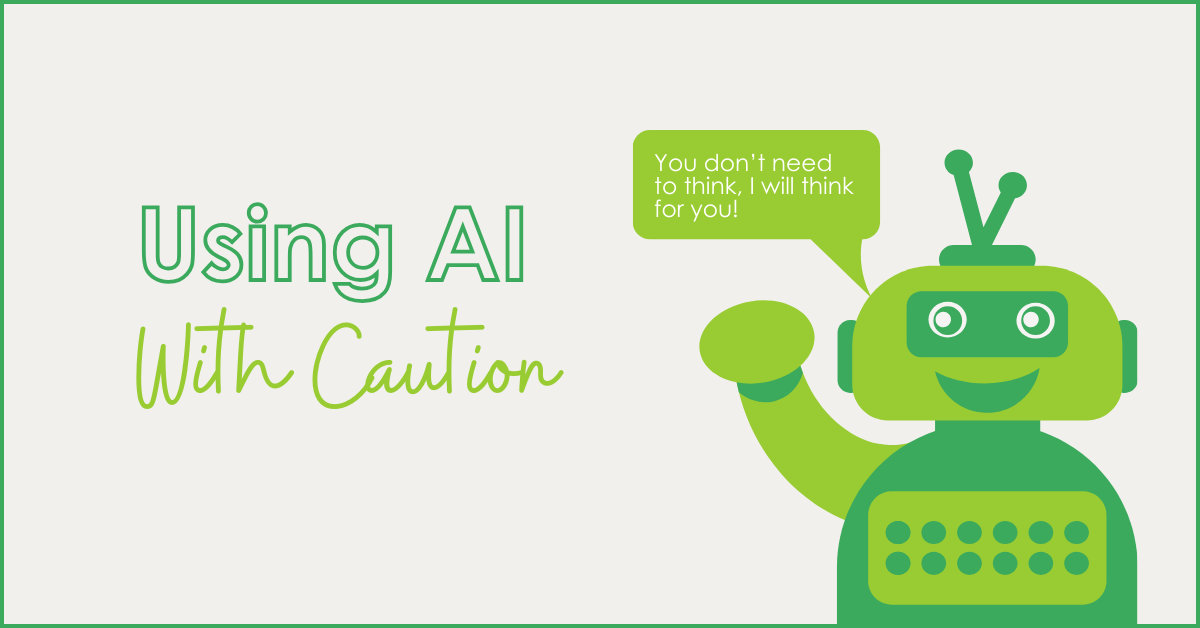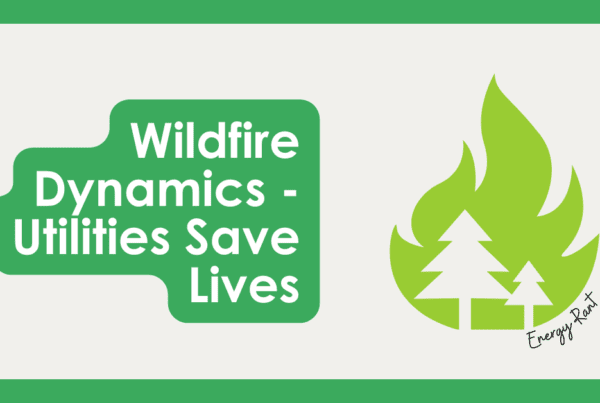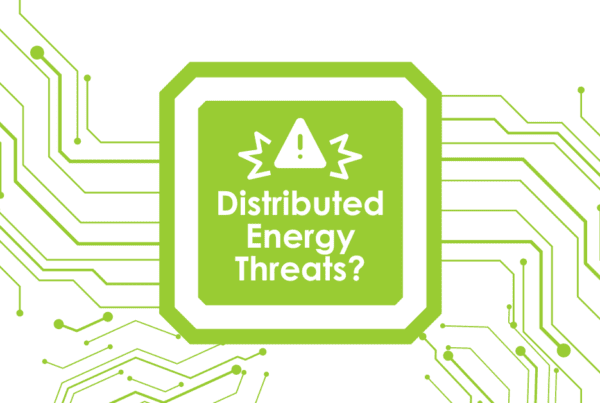
Last week, I presented some findings that artificial intelligence can churn out dozens of product ideas in a fraction of the time humans can deliver. The AI bots provide higher-ranking ideas, so long as the criteria are defined, and the bot stays in the box. I also provided excerpts from a “help” chatbot that delivered no help but successfully raised my heart rate and blood pressure.
Use It or Lose It
Smartphones and computerized anything can make us dumber, less capable, vulnerable to power or network outages, and even bad directions. Last week, for example, I regretted turning navigation over to my iPhone and Apple Maps on a 3.5-hour cross-country journey. It’s not the first time, especially when there are no interstate highways from here to there. “In 3.2 miles, turn left onto County Road H.” “In 1.4 miles, turn right onto 197th Street”. In other words, this is the shortest way if you don’t mind a thousand stop signs and 90-degree turns. Sometimes, I recognized roads I had left miles upstream, leaving me asking Siri, why didn’t I stay on Hwy 35 North?
Map reading and using cardinal coordinates are good exercises like doing multiplication, division, and calculus with pencil and paper and our brains rather than calculators and computers. I often try things the hard way to see if I can still do it. That is worthwhile, even though it may seem like a waste of time.
Why is this important? Because we still need to be able to think and perform on our feet when eyes are on us, and we can’t turn to a device for answers. For instance, one time, a presenter had memorized her entire presentation, which I never do because it is way too hard. She froze, and that was a disaster.
Secondly, have you ever wondered while watching a Teams or Zoom meeting if the person on the other end is reading? It’s typically obvious. A job candidate tried this once with us. Remember the limits noted last week –the computer only knows what’s within the available data. Our interview questions are too advanced for ChatGPT to fool an intelligent and informed audience.
This reminds me of a great quote from EnergyCentral.com: “Best practices for a world that no longer exists.” I have defined “best practices” as the status quo, BAU, or business as usual. That’s what AI is, but in massive volume. Actual best practices are out there, not known, disseminated, or repeated. Hence, the word “best,” the top two synonyms for which are “finest” and “first.”
Call the Demon?
Elon Musk is an interesting character, and I must say, he ticks everyone off, partly because he says what he thinks, but his actions don’t follow his rhetoric. He gives many warnings about the danger of AI, including “summoning the demon,” and ten more quotes worth reading. Here is a more recent zinger, “…there’s some chance that it goes wrong and destroys humanity. Hopefully, that chance is small, but it’s not zero. And so I think we want to take whatever actions we can think of to minimize the probability that AI goes wrong.”
I feel better that the chance of AI destroying humanity is small. Don’t you?
While Musk makes those dire warnings, he’s looking for human brains to implant with Neuralink chips. The intent is to restore bodily functions lost to paralysis. I can’t say what the end goal is, but this isn’t a drug that mitigates a disease. It can be tested and developed in the brains of desperate people and then sold to the masses. Just think, people won’t need to mess around with smartphones. Their chipped brains could be the smartphones. This is where things can get weird fast.
AI’s Environmental Impact
Claims are rolling out that AI tools like ChatGPT have a huge environmental impact, consuming a half liter of water for every 20-50 questions asked. I think that’s just for the cooling part. What about the electricity part? This is on the lower end of my concern list.
Manipulation Potential
My concern is manipulation. To think and develop ideas for oneself is freedom, but to rely on a device that calls up others’ ideas and information is to be owned. I refer again to George Orwell, who wrote, “Who controls the past, controls the future, and who controls the present controls the past.” What does that mean? Controlling the past, from an hour to millions of years ago, is what every source of information does to some extent. Therefore, the more sources of information we have from all angles, the less likely we are to be fooled.
Web users are already surveilled and manipulated by social media (and, for that matter, the news media). I’m not just talking about Facebook and Twitter, er X. When search engines auto-fill search ideas, they are attempting to drive us to something. The results are filtered for what they want us to see and know. The next video YouTube recommends is another manipulation tactic.
Awareness
Artificial intelligence and the internet have upside potential but also risks described in this post. Awareness of how these resources can lead us astray is critical, just like defensive driving and understanding our surroundings in potentially dangerous situations. Paying attention to these matters as they develop is a good thing.





